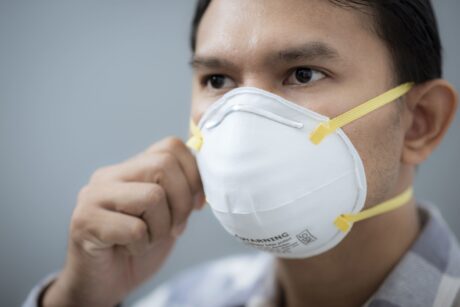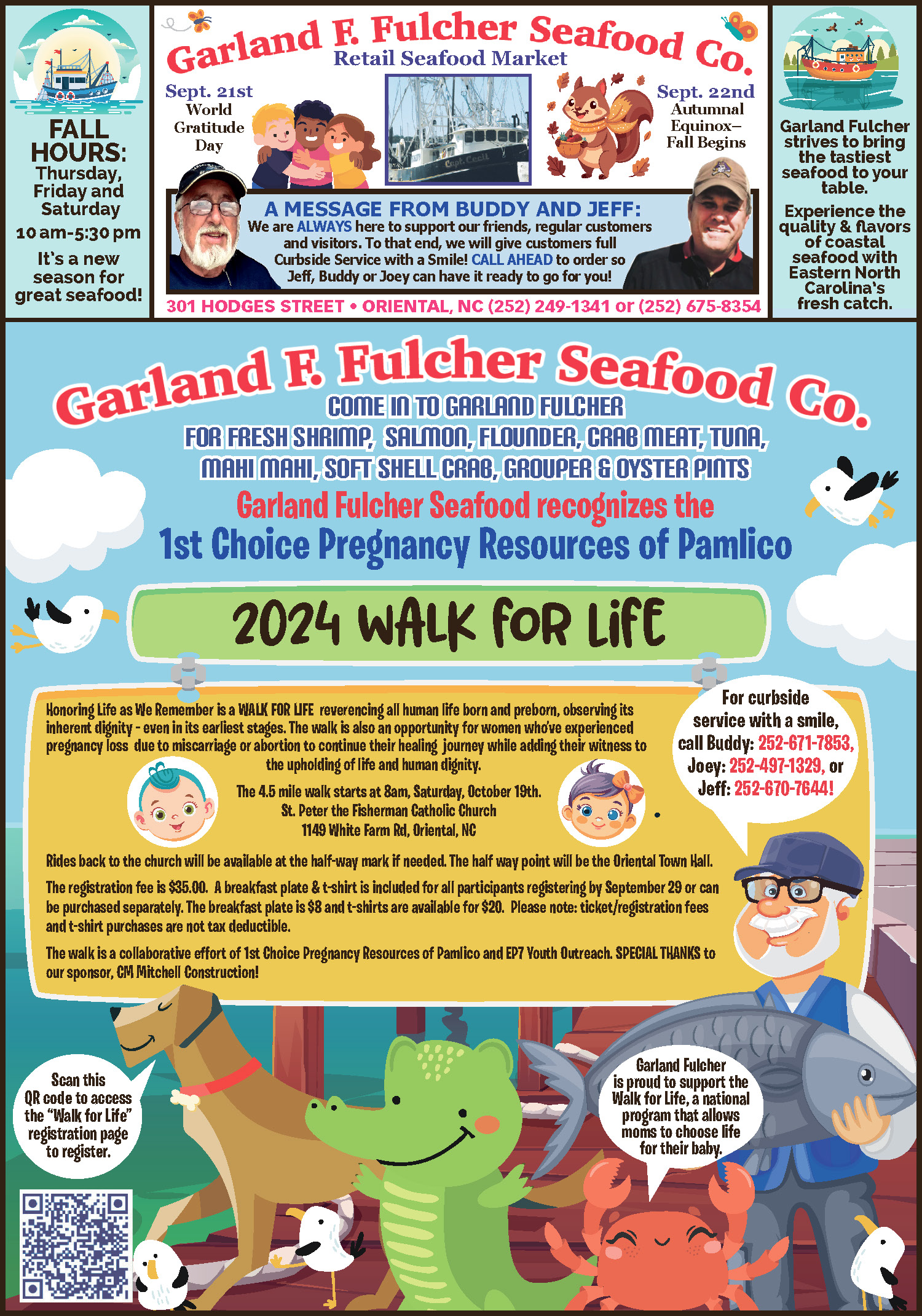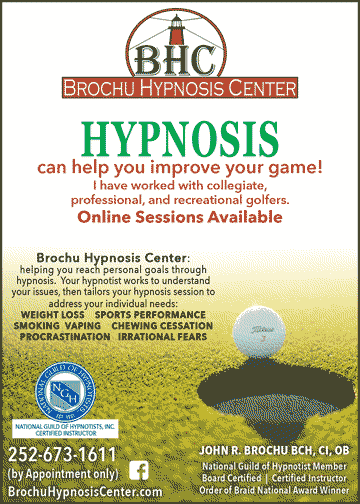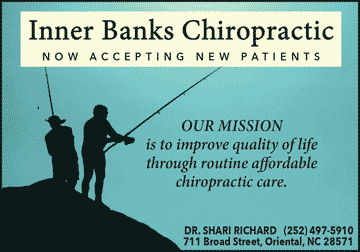
By Paul Anthony Taylor | GlobalResearch.ca | News Analysis
WORLDWIDE – Face masks have been widely used during the COVID-19 pandemic, in many cases enforced by law.While they are claimed to be effective in reducing the transmission of the SARS-CoV-2 coronavirus, studies examining their adverse effects have yielded inconsistent conclusions. Acknowledging this, a comprehensive new study evaluates ‘Mask-Induced Cardiopulmonary Stress’ from N95 masks – nose and mouth covering said to offer the highest level of protection against viruses.
The findings reveal that mask use has significant negative effects, potentially even increasing the risk of cardiovascular diseases and overall mortality.
Published recently in the JAMA Network Open journal, the study takes the form of a randomized clinical trial involving 30 healthy participants. Analyzing the cardiopulmonary effects of N95 masks when worn over a period of 14 hours, the experiment was conducted in a metabolic chamber so that the participants’ calorie intakes and physical activity levels could be strictly controlled.
The results show that wearing N95 masks for as little as one hour resulted in a decrease in respiration rates and blood oxygen levels.
Over a period of 14 hours, the masks caused significant increases in blood acidity, heart rates, and blood pressure. Mask-induced cardiopulmonary stress was further increased when the participants undertook light-intensity exercise. Energy expenditure and fat oxidation were also elevated during exercise.









































